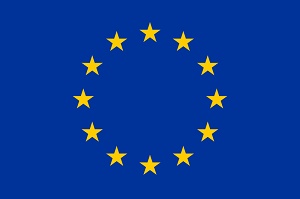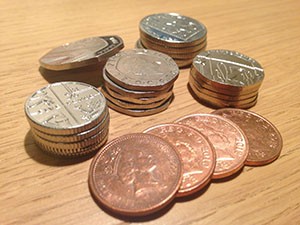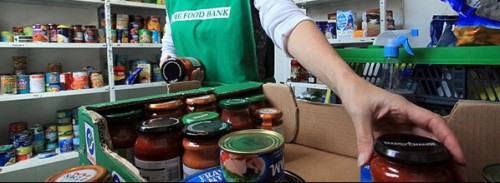Chancellor of the Exchequer George Osborne announced the government’s summer budget yesterday, to a generally negative reception from the general public.
Independent blogger Simon Wren-Lewis says that the budget “makes little economic sense”. But is the budget really as bad as people are making it out to be?
THE GOOD
First off, it would seem that the government is shifting its focus away from austerity; the Chancellor promised that there won’t be any cuts as severe as the ones seen between 2011 and 2013. Instead, attention has moved to increasing national productivity.
A cut in corporation tax down to 18% aims to make firms more profitable; the introduction of a living wage of £7.20 per hour (which will rise to £9 by 2020) and an apprenticeship levy on businesses, in combination with benefit cuts, is designed to eradicate the country’s ‘benefits trap’ – currently, people are better off on benefits than they would be with a minimum wage job.
By removing the benefits trap, UK unemployment should decrease further (it has already dropped to just 5.5%), thus increasing productivity and allowing us to expand our Gross Domestic Product (GDP).
Welfare reforms were, naturally, a major part of George Osborne’s speech. As aforementioned, the cuts to certain benefits aims to counter the benefits trap; a prime example of this is the ‘youth obligation’, whereby young people ages 18-21 cannot claim benefits – “you learn or you earn” said the Chancellor. But the reforms don’t stop there.
It was announced that greater support will be given to the elderly, vulnerable, disabled and also abuse victims. We also saw child tax credit being limited to two children per household (with exceptions for twins, triplets etc).
Housing benefit is to be reduced by 1% for the next four years, and there is now a four year freeze on tax credit.
Essentially, these reforms are meant to give further benefit support to those who need it the most, whilst simultaneously battling against those who abuse the system.
Speaking of abusing the system, George Osborne promised that £750m will be spent on fighting tax avoidance, and inherited non-dom tax status will be abolished.
However, perhaps the most significant announcement was the increase in devolved powers for Greater Manchester. The government aims to transform the city into a ‘northern powerhouse’, with the hope of re-igniting the regional economy. Whilst it is surprising that Westminster relieved power so readily, this could have a massively positive impact on economic growth.
THE BAD
Unfortunately, yesterday’s budget was far from being all sunshine and rainbows.
The Chancellor announced that a government budget surplus (whereby income exceeds expenditure) will be delayed until 2019.
Many analysts also feel that the poorest people in society have been targeted in the budget, with an unwavering devotion to the Right To Buy and a benefit cap of £20,000 per year.
But the news that came as an unexpected shock, and caused the largest uproar on social media, was the abolition of maintenance grants for university students.
The reasoning behind this is that universities are, currently, financially unsustainable. The government has done this in an attempt to cut down on their own expenditure.
Despite these grants being replaced with a loan expansion (which will allow students to borrow much more than they do currently), the issue of student debt is now a larger issue than ever.
University degrees are the cornerstone of well-paid, economically stimulating jobs. The removal of maintenance grants may force some potential university students to reconsider their options, which could damage the economy in the long-term.
THE UGLY
The final segment of the summer budget was, for lack of a better description, madness.
Despite seeing numerous strikes in the last five years over pay and pension schemes, the government has decided to freeze public sector pay at 1%, and announced that 430,000 more public sector jobs will be cut.
The public sector of the UK economy is a fundamental building block of our society. Education, transport, defence, the NHS… it’s all dependent on this specific workforce, who are given less recognition than they perhaps deserve.
To promise the safety of the NHS at the start of your speech, then announce cuts for it towards the end, is mind-blowing, and has made George Osborne look a tad foolish in the eyes of the media.
















